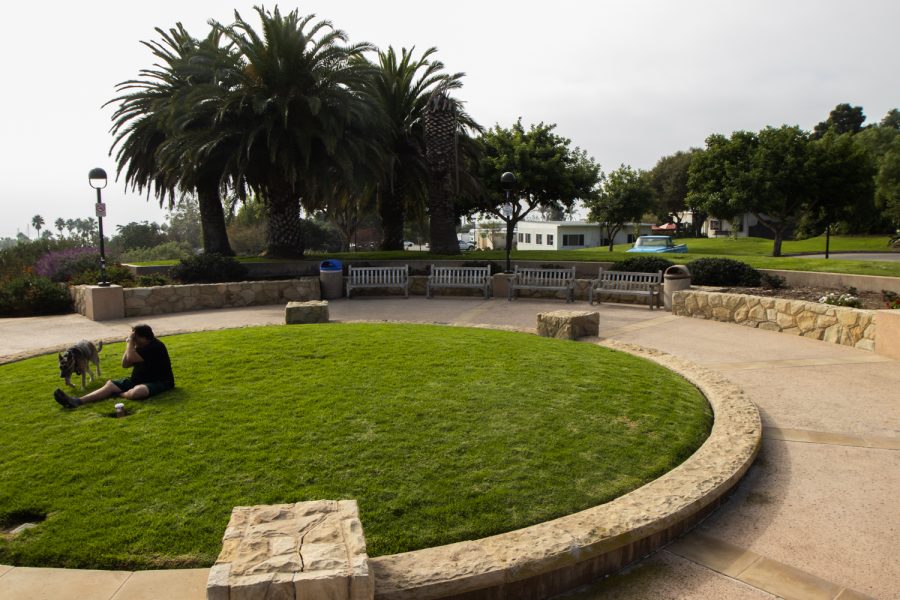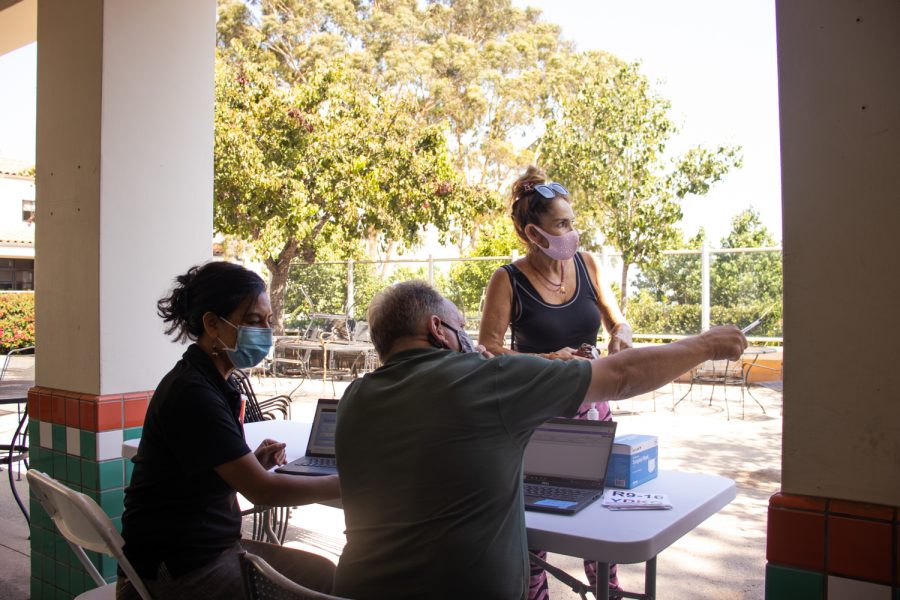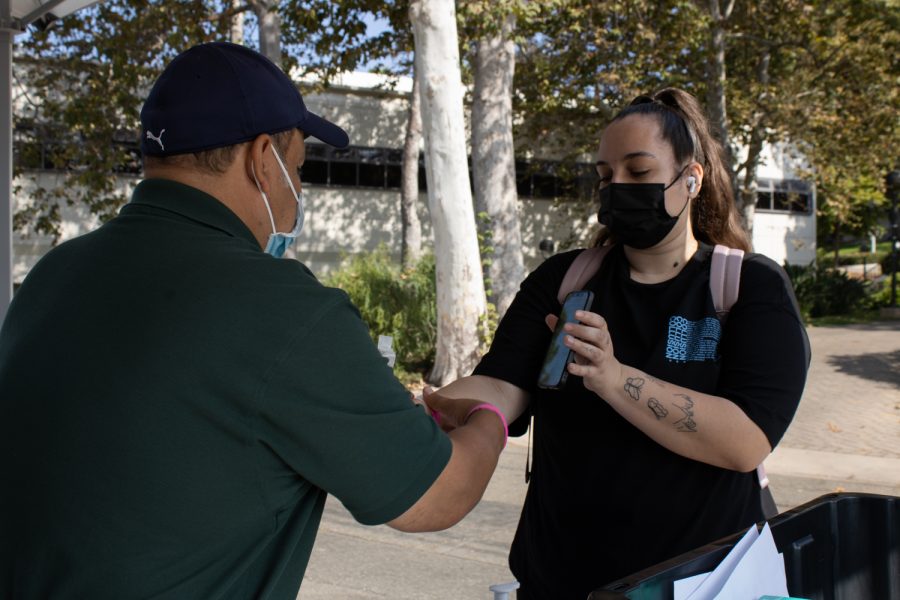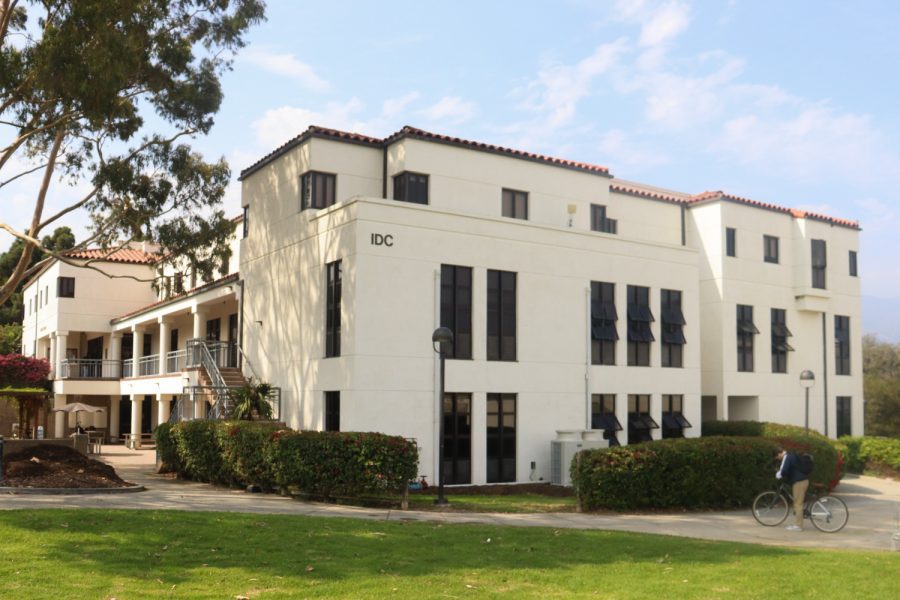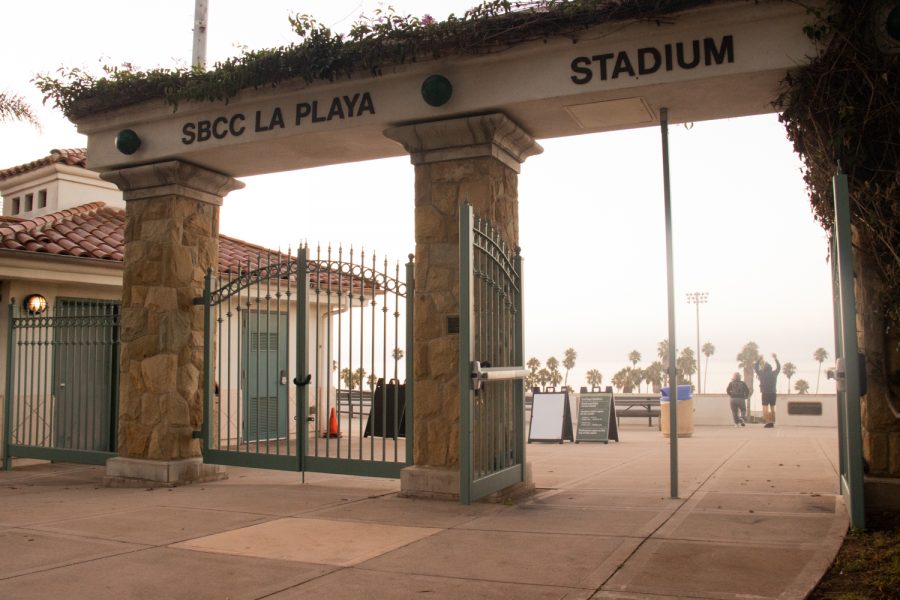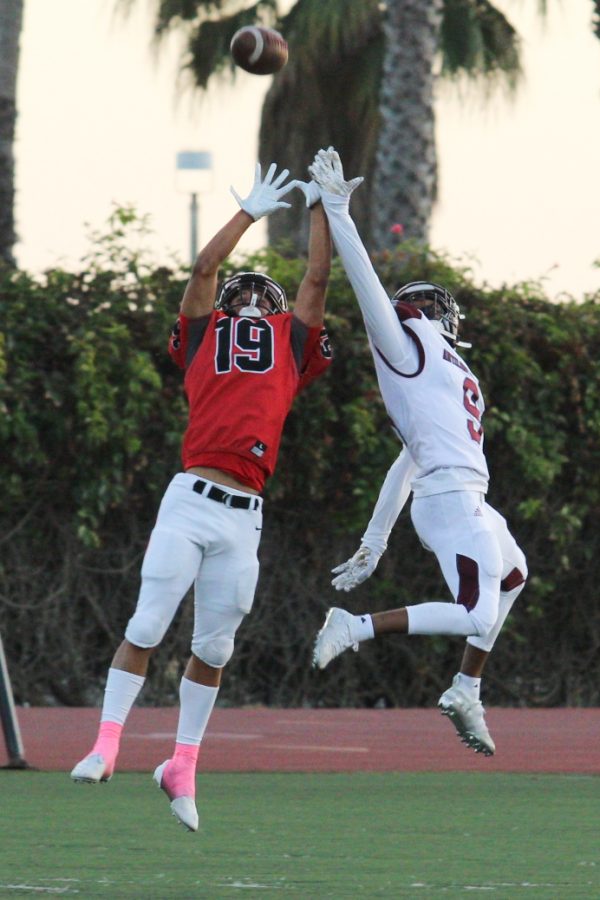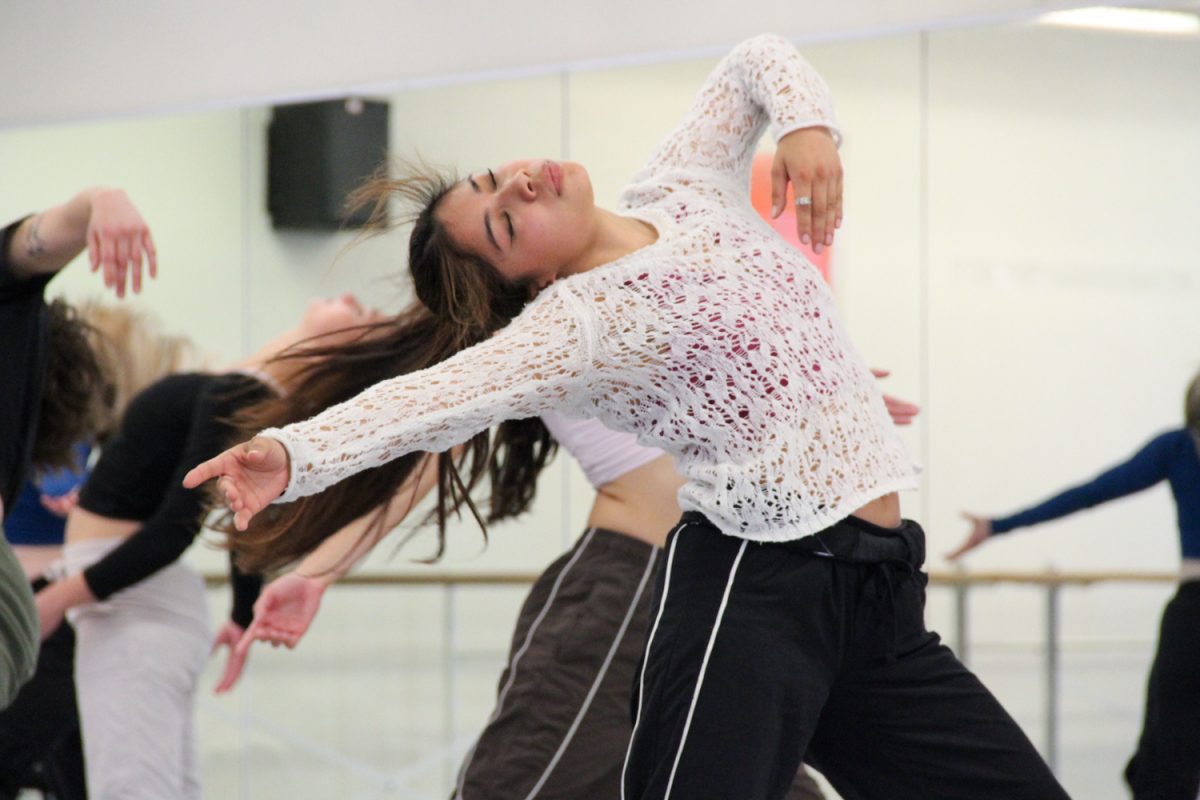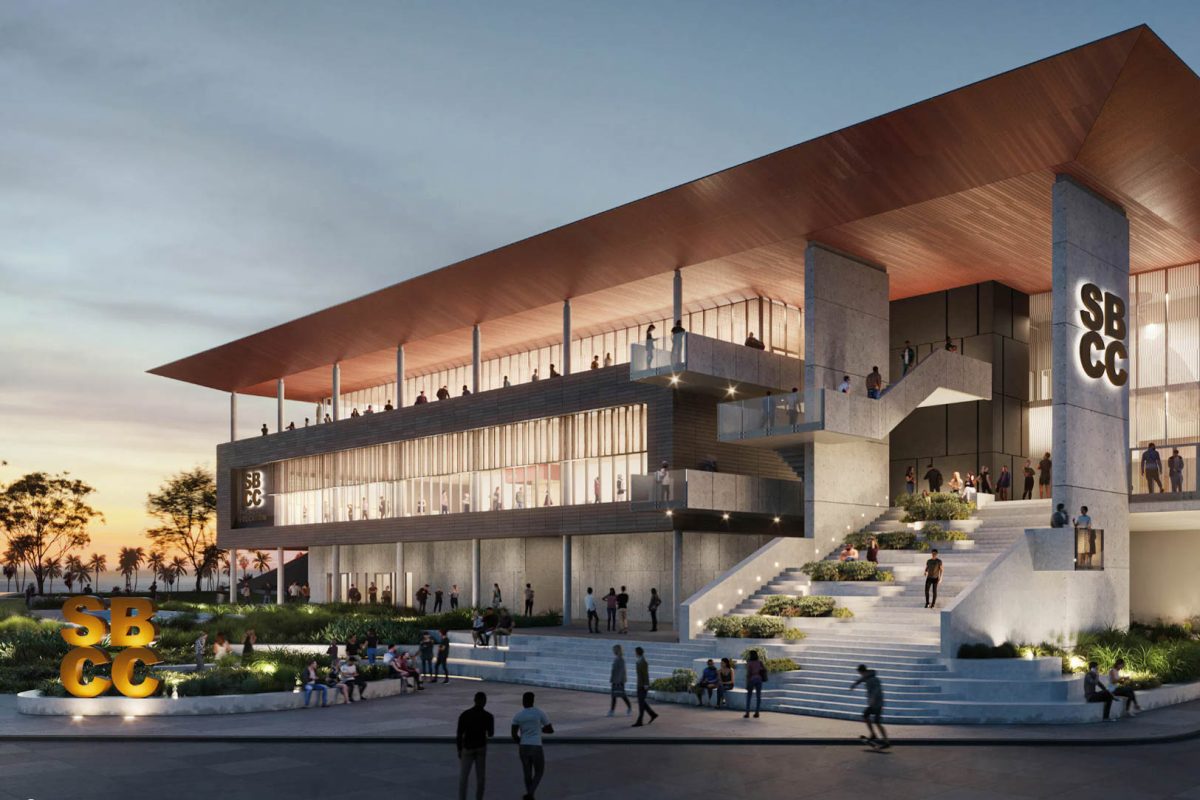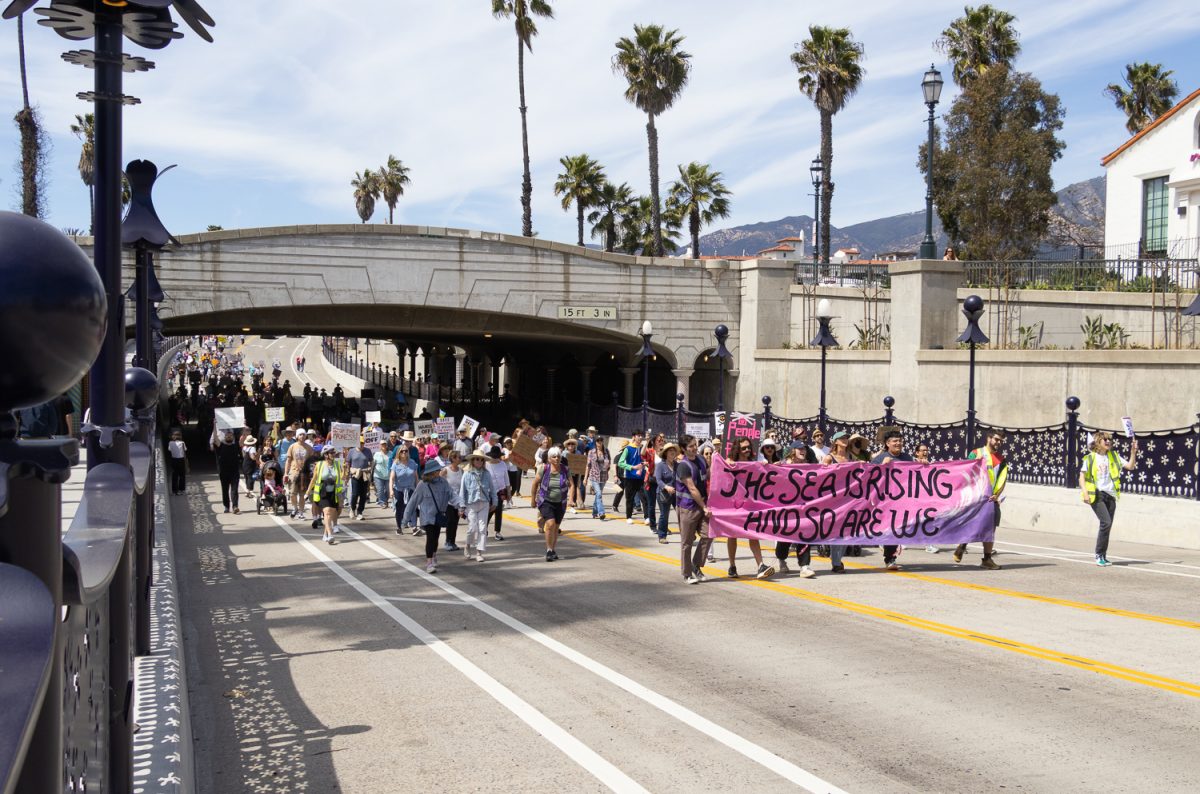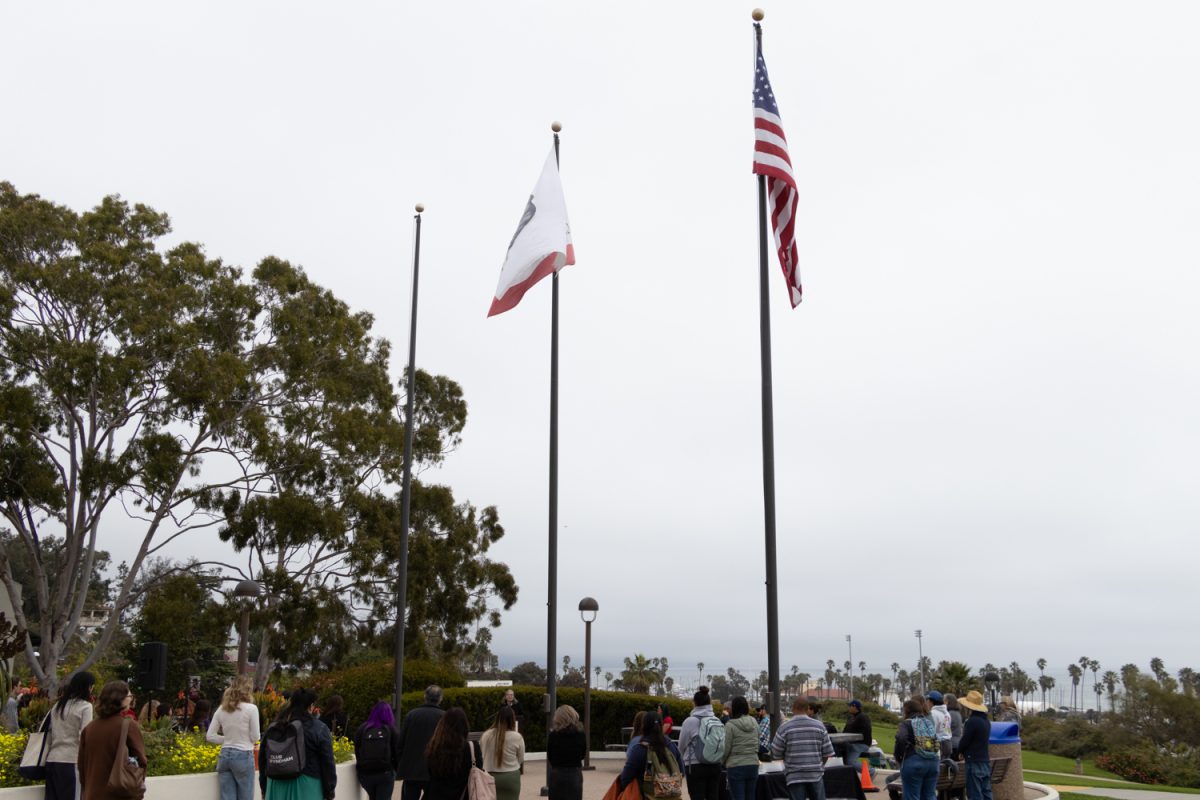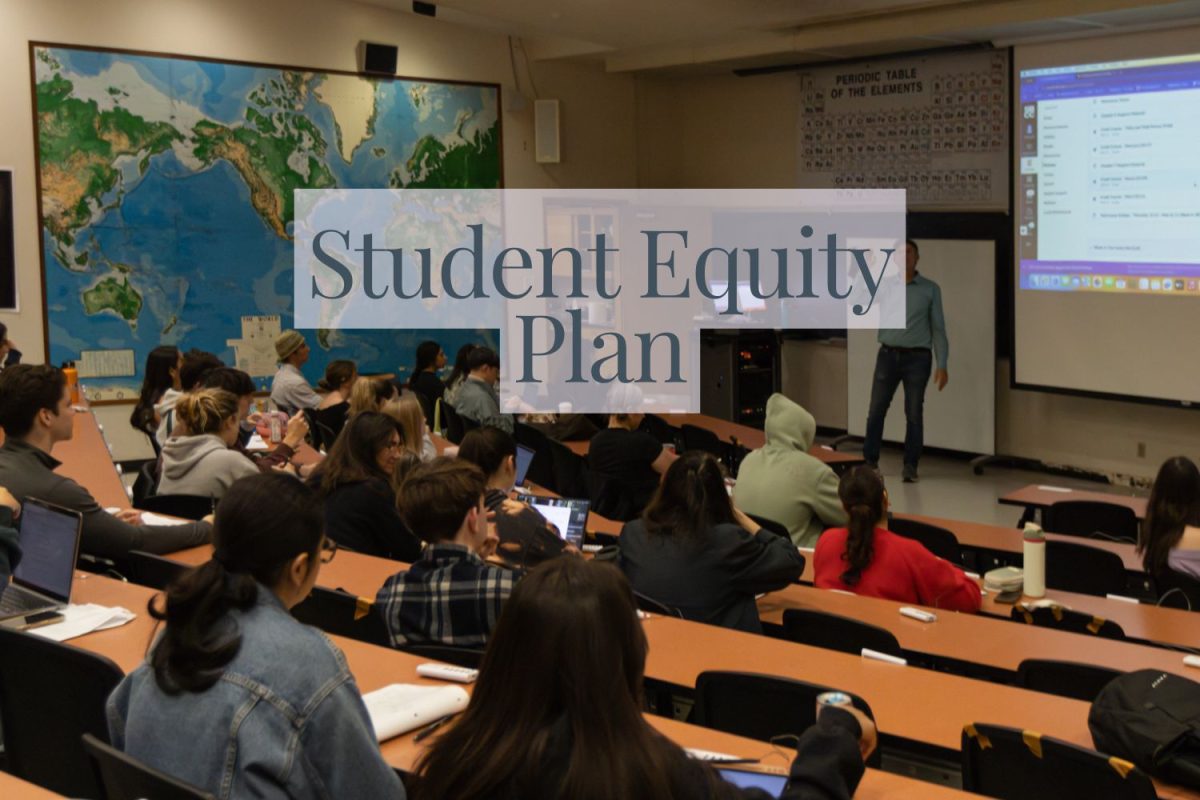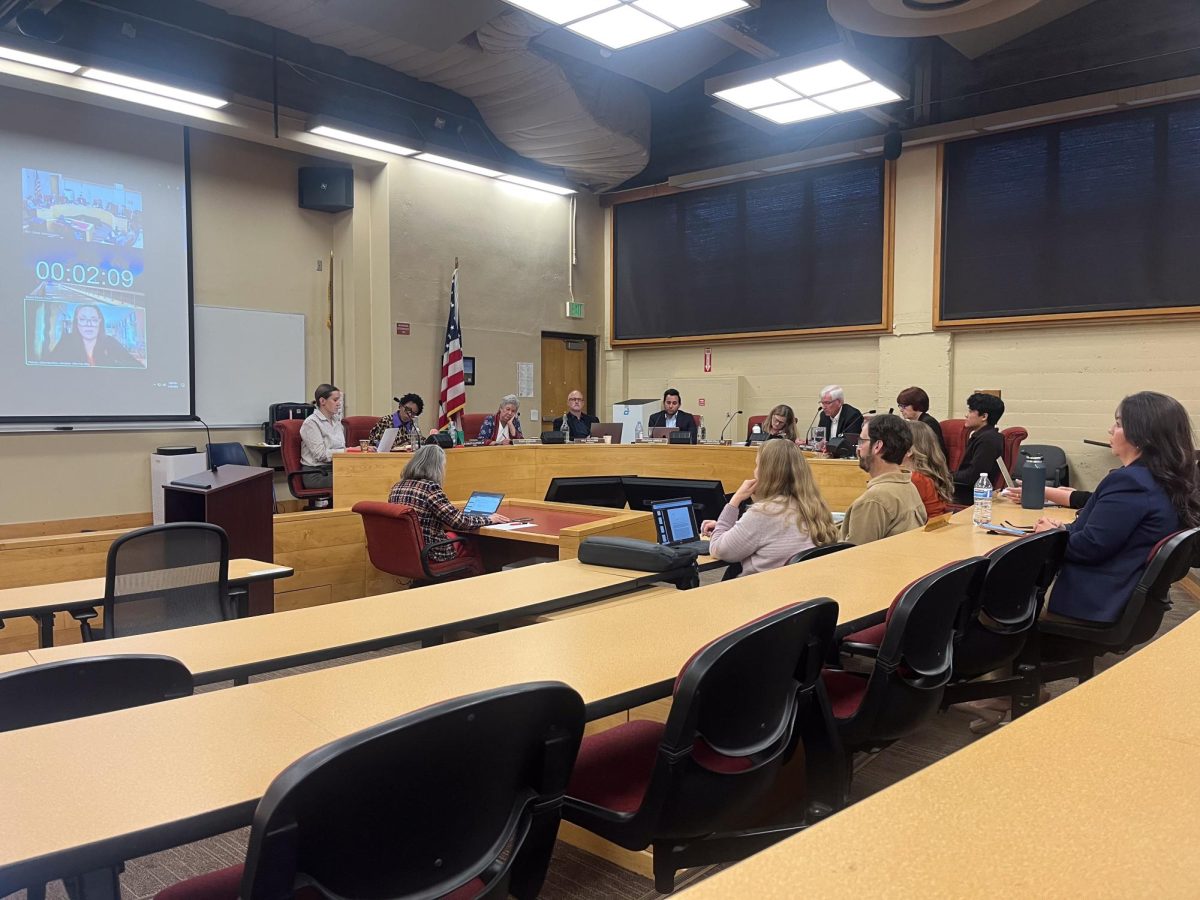Students of Roger Durling’s Film Studies 101 class were met with a flurry of graphic images and racial slurs as they entered the class’s Zoom conference Thursday.
Minutes into the virtual class it became clear that Durling had lost control of the screen as pornography, images of the 9/11 attacks and other explicit scenes began randomly appearing. The Coronavirus death toll was also frequently shown.
This was accompanied by one user screaming the N-word over their microphone as several other users with ill-intent began to join the video-chat.
“I tried to mute them but they had (the) controls,” Durling told The Channels Thursday afternoon. “There was a story this morning on NBC about zoom bombing attacks. I never imagined it’d happened to me and so soon.”
Dozens of users logged in and out with most appearing to be accomplices to the hackers, implying a coordinated attack. Many users had green-screen backgrounds with random images placed into them and profanity-laced usernames.
City College’s FRC department had briefed staff on the possibility of a ‘Zoom bomb’ and advised precautions to be taken, but this information was never passed on to students.
“I had followed the precautions that were advised by the FRC department,” said Durling. “I was just embarrassed and upset for the students had made an effort to show up to be educated and inspired during these difficult times.”
It is unknown at this time if any City College students were involved in the hacking.
During the hack, one student was drinking a beer and making derogatory comments towards another student, which led to the ‘hackers’ joining in. It has not been confirmed in the student was involved in the hack.
‘Zoom bombing’ was first reported by NBC three days ago when several schools and a church in the Boston area had their conferences hacked into with one teacher having her home address exposed.
By 7:45 p.m. on the night of the incident Dr. Utpal Goswami sent an email addressing the incident to students and staff writing, “I can assure you that SBCC will treat this as a hate crime and respond accordingly, the incident is abhorrent and has no place in our campus or in our classrooms-in person or virtually.”
City College staff has also posted a page with tips on how to prevent ‘Zoom Bombing’ in the future.
“The FBI has asked for incidents like this to be reported,” said Executive Director of Public Affairs Luz Reyes-Martin. “We are in the process of doing just that.”
The FBI is now issuing a warning against ‘Zoom Bombs’ urging people to report any incidents of hacking:
Do not make meetings or classrooms public. In Zoom, there are two options to make a meeting private; require a meeting password or use the waiting room feature and control the admittance of guests.
- Do not share a link to a teleconference or classroom on an unrestricted publicly available social media post. Provide the link directly to specific people.
- Manage screen sharing options. In Zoom, change screen sharing to “Host Only.”
- Ensure users are using the updated version of remote access/meeting applications. In January 2020, Zoom updated their software. In their security update, the teleconference software provider added passwords by default for meetings and disabled the ability to randomly scan for meetings to join.
- Lastly, ensure that your organization’s telework policy or guide addresses requirements for physical and information security.
Anyone who experiences this type of activity is urged to contact their local FBI field office or the FBI’s website for cyber-related crimes.
“We must be resolute in our shared commitment to stand against hate and bigotry,” Goswami wrote. “We will make every effort to find the perpetrator(s) and bring them to justice.”


